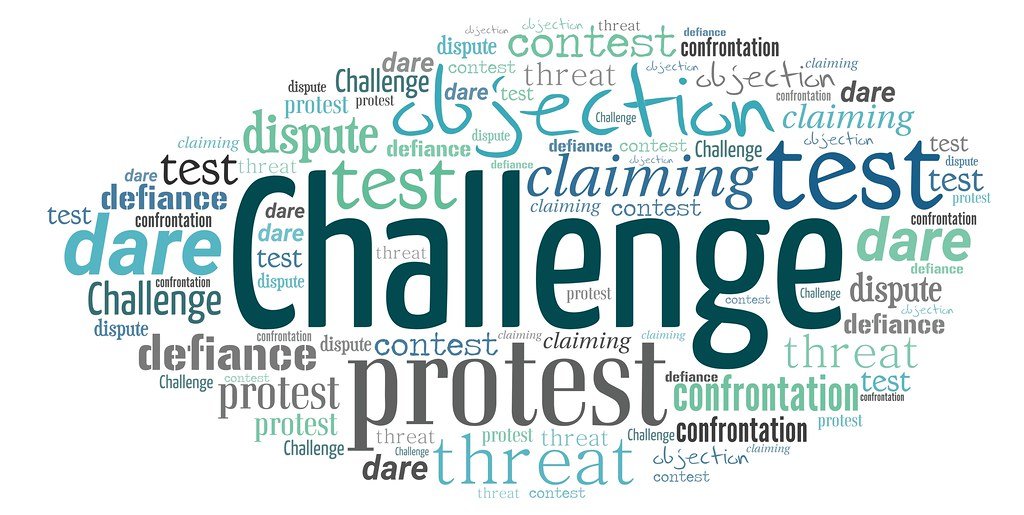Heading: Getting Government AI Engineers to Tune into AI Ethics Seen as Challenge
Introduction:
At the AI World Government conference, engineers were urged to consider the ethical implications of their work in AI. However, the complex nature of ethics and the lack of clear guidelines make it a daunting task for AI software engineers to navigate this uncharted territory.
Engineers’ Perception of Ethics:
Engineers often view ethics as a nebulous concept without clear boundaries. The lack of concrete constraints regarding ethics makes their work more difficult and raises questions about what ethical behavior really means.
The Role of Standards:
Standards and regulations serve as a framework for engineers, guiding their work. However, voluntary compliance standards are essential for the industry to collectively determine ethical practices. Some standards are mandatory, while others are considered good practices but not enforced.
The Messiness of AI Ethics:
Ethics in AI is a complex and challenging topic due to its complexity and the multitude of theories, frameworks, and constructs. The practice of ethical AI requires careful and context-specific thinking.
The Engineers’ Perspective:
Engineers often struggle to engage in discussions about drafting standards for ethical AI. They prefer concrete instructions and rules rather than abstract concepts. Creating a bridge between social scientists and engineers is essential to unlock the potential of ethical AI in engineering projects.
Integrating Ethics into AI Development:
The US Naval War College and other institutions are making efforts to integrate ethics into AI curriculum. The focus is on increasing ethical literacy and understanding the limitations of AI systems. Helping engineers and users have realistic expectations and trust in AI systems is critical.
The Global Ethical AI Consensus:
While a complete global consensus on ethical AI might be difficult to achieve, it is important to agree on what AI should not be allowed to do and hold people accountable for their actions. The European Commission has taken a proactive role in enforcing ethical standards.
Conclusion:
Addressing the challenge of getting government AI engineers to consider AI ethics requires a collective effort from engineers, social scientists, and policymakers. Clear standards, guidelines, and a common understanding of ethical boundaries are necessary to ensure responsible and trustworthy AI development. AI Source Hub offers AI marketing services to help businesses leverage AI effectively, taking into account ethical considerations. For more information, contact AI Source Hub or explore our insightful sessions from the AI World Government conference.
 In recent years there has been a heightened emphasis on ensuring the ethical development of artificial intelligence (AI) technology and how it is applied in the government sector. With this surge in demand for ethical governance of AI, the need for experienced AI engineers has grown to develop and apply ethical standards. However, competing with the private sector for top AI talent has proven to be difficult. It is important therefore for government entities to identify and implement strategies to attract and retain effective AI engineers.
In recent years there has been a heightened emphasis on ensuring the ethical development of artificial intelligence (AI) technology and how it is applied in the government sector. With this surge in demand for ethical governance of AI, the need for experienced AI engineers has grown to develop and apply ethical standards. However, competing with the private sector for top AI talent has proven to be difficult. It is important therefore for government entities to identify and implement strategies to attract and retain effective AI engineers.
One of the major challenges in attracting government AI engineers is the fact that their work can often be challenging and unglamorous when compared to working in the private sector. AI engineers in the private sector can have access to the latest technology and the financial and job security that comes along with it. In comparison, government AI engineers are often tasked with rigid deadlines set by the political process and work in environments that can be much less innovative.
One way to tackle this challenge and attract talent is to showcase the unique opportunities offered by government AI jobs. This could be done by highlighting the impact of the work that these engineers can have on a national or even global scale. Governments could also utilize more comprehensive benefit packages and provide more employment flexibility to engineers working in the public sector.
In addition to highlighting opportunities, government should assess skills and opportunities in the field to implement targeted customer acquisition strategies. This could be done through online or virtual events showcasing the latest and most beneficial AI opportunities available, such as those highlighted by Source Hub AI Marketing Services.
Finally, government entities could look to implementing forms of incentives, such as career advancement and job stability, to retain experienced AI engineers. This could be through promotion opportunities, competitive salaries, and other forms of reward.
Ultimately, it is important for governments to recognize the potential that AI technology has and implement strategies to attract and retain the best AI engineers. By highlighting the unique opportunities available with government AI jobs, utilizing targeted customer acquisition strategies, and incentivizing personnel, governments will be able to secure the most experienced and ethical AI engineers.

